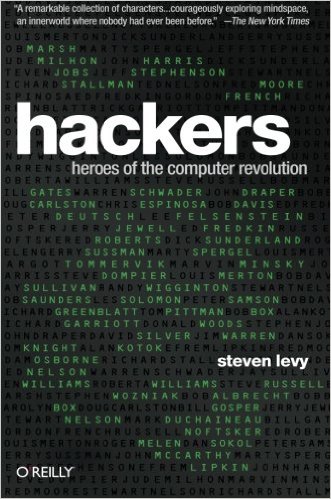Reading 02: Hardware Hackers

Readings¶
The readings for this week revolves around the origin of the personal computer and features the Homebrew Computer Club, the BASIC programming language, and the Woz.
-
Hackers: Heroes of the Computer Revolution
- Part Two. HARDWARE HACKERS
Reflection¶
The second part of Hackers: Heroes of the Computer Revolution is entitled "Hardware Hackers" and discusses a second wave of hackers who sought to "tak[e] the Hacker Ethic to the streets ... [and] promote a version of the hacker dream that would ... spread the computer gospel through, all things, the marketplace".
For this upcoming week, you are to consider the following questions as you perform the readings and participate in class:
-
How were the "True Hackers" and the "Hardware Hackers" similar? How were they different? How did they view each other?
-
How did the "Hardware Hackers" manifest the desire to "dissipate the 'aura of elitism, and even mysticism, that surrounds the world of technology'"?
-
What were the tensions that emerged as the Hacker Ethic spread beyond "the limited, monastic communities around the machine, to a world where the machines were everywhere" via commercialization?
-
Do you agree with Lee Felsenstein that technology can be a force for good, or do you side with Efrem Lipkin that is a dangerous tool of oppression?
Note, you should not simply list the questions and answer each one directly. Instead, the questions are there to help you brainstorm about the question:
How important is spreading the Hacker Ethic to a wider audience? Is compromising ideals (abandoning parts of the Hacker Ethic), worth having a larger impact on the world (and coincidently more financial success)?